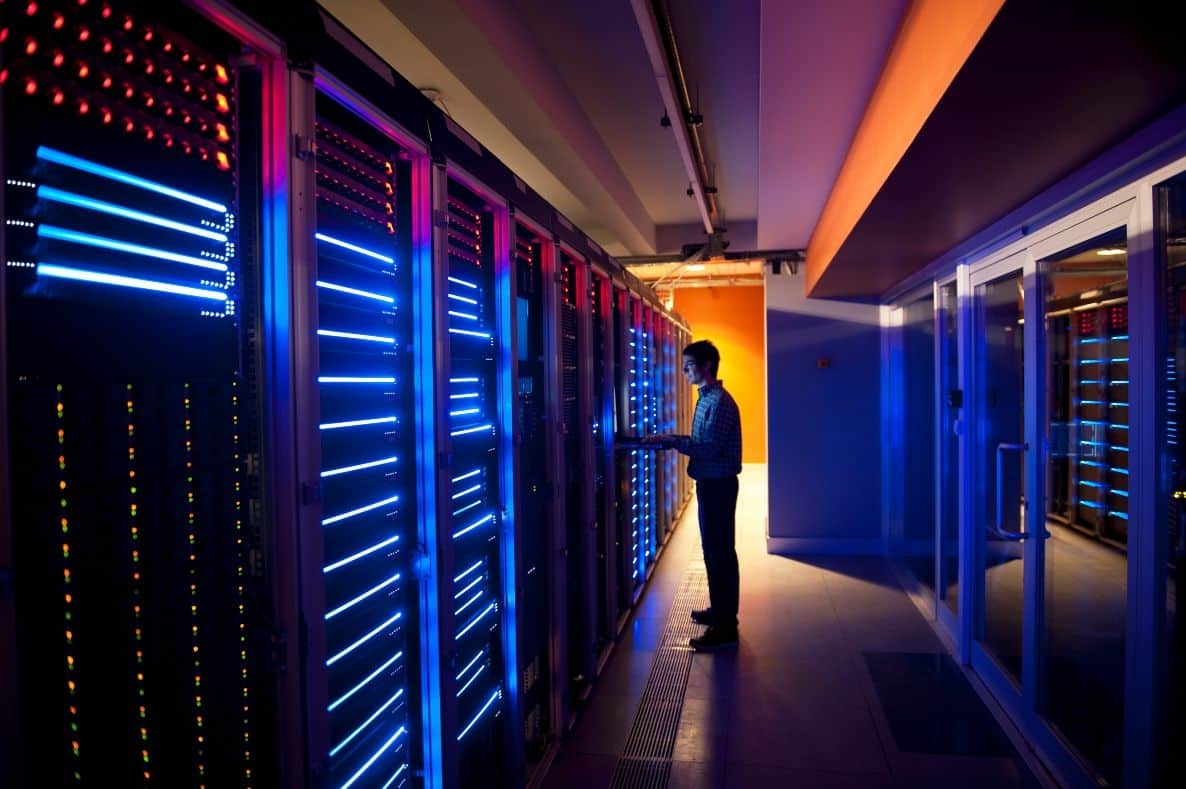Lenovo, recognized as the world’s leading supplier of supercomputers according to TOP500.org, showcased its latest innovations in high-performance and energy-efficient platforms at the Supercomputing 2024 (SC24) event. These new technologies are designed to enable companies, scientists, and engineers to harness the power of artificial intelligence (AI) on any scale, driving advancements in research, sustainability, and business development.
Revolutionizing Liquid Cooling with Lenovo Neptune®
The company highlighted its sixth-generation liquid cooling technology, Lenovo Neptune®, which dissipates heat using water instead of air, significantly improving energy efficiency. This solution captures up to 98% of the heat generated by the systems, reducing the electrical consumption associated with fans and allowing processors to operate at optimal temperatures without compromising performance.
According to Scott Tease, Vice President of Lenovo’s Infrastructure Solutions Group, this innovation facilitates integration into data centers without requiring structural modifications. “This means that any data center provider can incorporate these systems without having to reinforce floors or require specialized power or costly adaptations,” Tease noted.
New High-Performance Systems for AI
Among the showcased solutions is the Lenovo ThinkSystem SC777 V4 Neptune, which incorporates the latest processor and accelerator technologies, including the superchip NVIDIA GB200 Grace Blackwell NVL4. This system can run AI models with trillions of parameters, reducing costs and development times for businesses of any size.
Additionally, the Lenovo ThinkSystem SC750 V4 Neptune, featuring support for Intel Xeon 6900P-series processors and DDR5 MRDIMM 8,800 MHz memory, is designed for technical workloads in sectors such as life sciences, energy, engineering, and financial simulation.
AI and Sustainability: Global Applications of Lenovo Supercomputers
Lenovo emphasized the impact of its supercomputers on scientific research and sustainability. In Italy, for instance, the National Agency for New Technologies, Energy and Sustainable Economic Development (ENEA) selected a Lenovo system for its research center in Portici, near Naples. This system, with a capacity of over 6.5 petaflops, will be used for research in clean energy and nuclear fusion, ensuring unprecedented energy efficiency.
Similarly, the university consortium Cineca, one of the most advanced computing centers in Europe, will install a new Lenovo supercomputer at the Bologna Technopole. This system, capable of performing 45 million trillion operations per second (PFlop/s), will focus on numerical simulation of plasma and analysis of advanced materials for nuclear fusion.
Enabling Private AI with Colocation Solutions
For organizations that lack liquid cooling infrastructure, Lenovo offers its Neptune® technology in collaboration with leading colocation companies, such as Digital Realty. This partnership allows clients to efficiently and sustainably implement high-performance AI. In a recent case, a global financial services provider managed to scale its computing capacity in 30% less time, improving its energy efficiency by 30% thanks to liquid cooling.
Lenovo and the Future of Accelerated AI
The new generation of Lenovo supercomputers is not only transforming sectors like medicine, industrial design, and climate prediction but also leading the transition toward more sustainable and accessible infrastructures.
With innovations like the Neptune® liquid cooling and close collaboration with partners such as NVIDIA, Lenovo reaffirms its commitment to accelerating digital transformation and reducing environmental impact in a world driven by artificial intelligence.
Source: Lenovo

